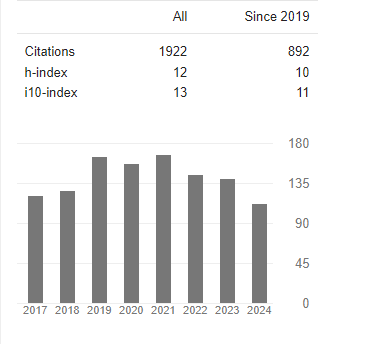Prototyping and Performance Evaluation of Household Cow Dung Gasifier Stove: Cooking and Environmental Performance in the Case of Ethiopia
Abstract
Adamu Sh Tadesse, Elias W Gabisa, Basazzin A Mekonnen
Biomass energy is the most important primary energy sources in Ethiopia, above 90% of primary energy comes from biomass. Cow dung is one of the widely consumed biomasses as a source of energy in rural areas of Ethiopia in traditional and inefficient cook stoves. To this end, this piece of research work is aimed at designing, manufacturing and experimentally testing its environmental and energy performance compared to the traditional three-stone stove. In this study water boiling test and control cooking test was used to investigate the performance of stoves. The proposed gasifier stove shows a better performance than three stones stove when water-boiling test conducted in terms of cooking duration, specific fuel consumption, and pollutant gases emission. The experimental results revealed that gasifier stove has shown an increase of thermal efficiency by 26.6% and reduced PM2.5 and CO emission by 58.9% and 88.6% respectively as compared to the traditional three-stone cook stove. Furthermore, the gasifier stove has shown 64% fuel saving efficiency as compared to the three stones stove and 54% cooking time saving to cook the same amount and kind of meal. In every aspect of the measuring parameters whether the energy efficiency performance or environmental performance the designed gasifier stove performs better than the traditional three-stone cook stoves. Therefore, with a small and simple modification, the gasifier stove could be disseminated to the rural community of the region in collaboration with the regional bureau.



